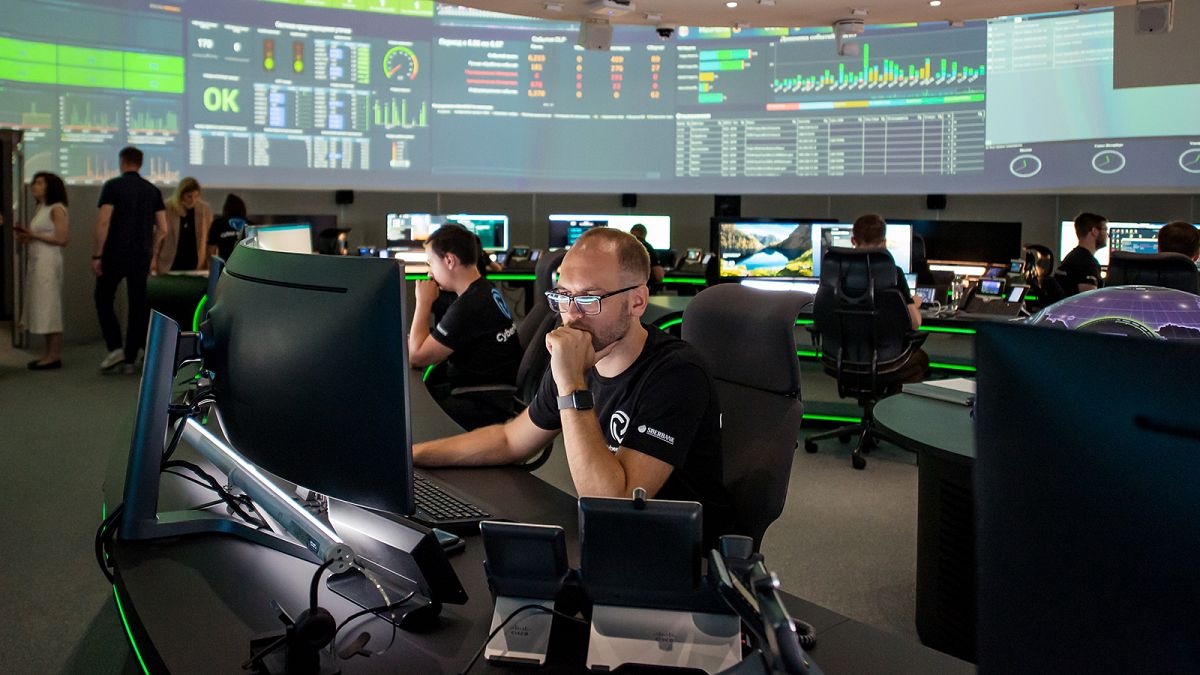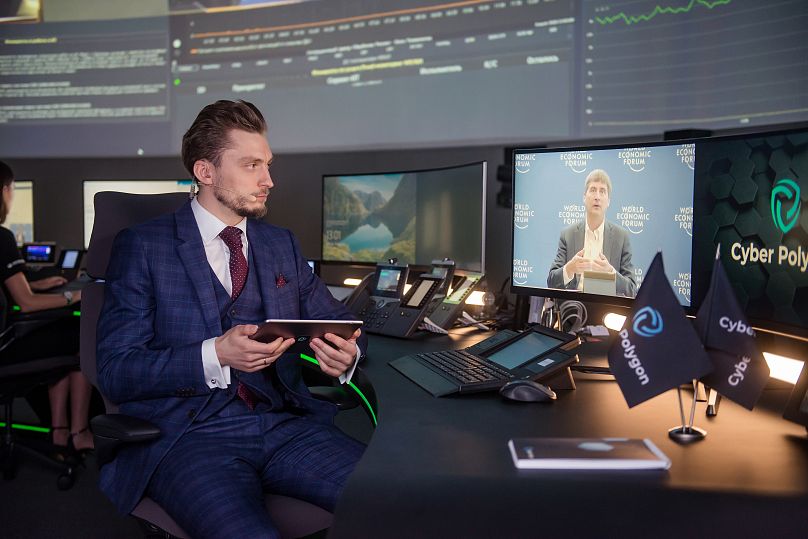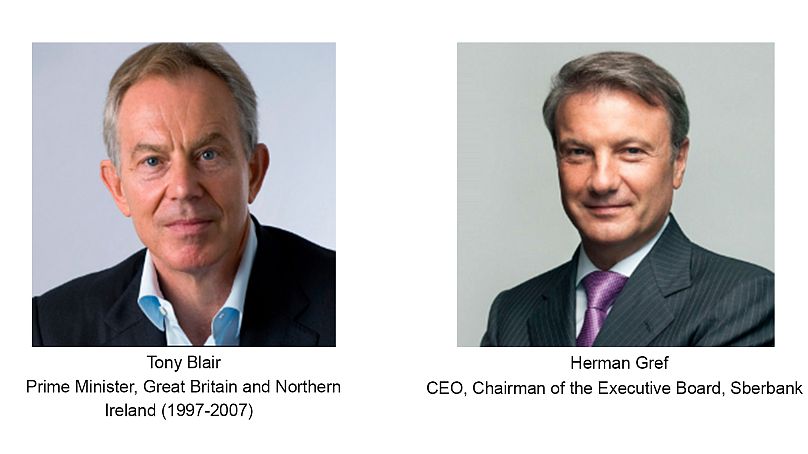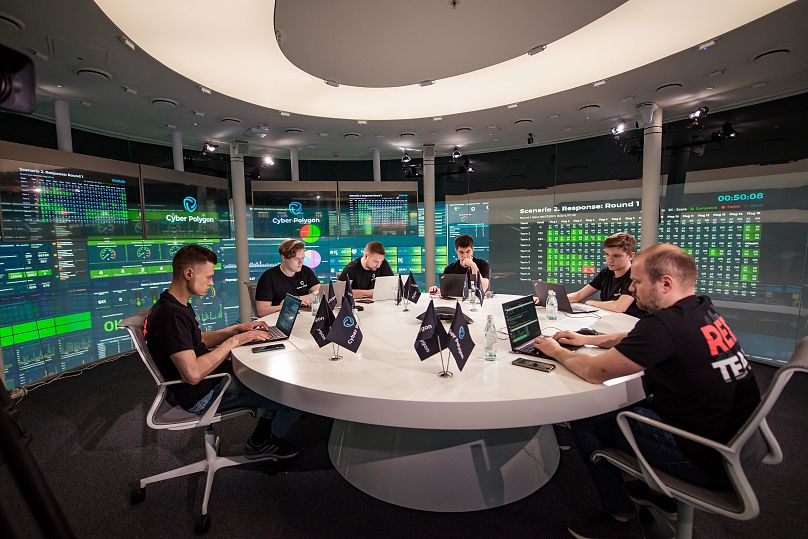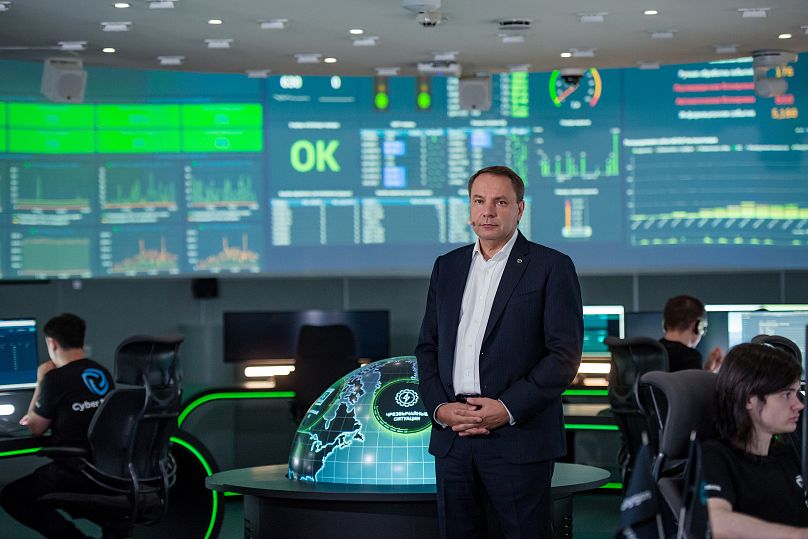The outbreak of the Covid-19 pandemic caused an irrevocable shift in working practices around the globe. Companies were forced to rethink and restructure, creating new strategies to avoid disruption to their day-to-day interactions. In the vast majority of companies, these strategies pivoted on remote working and an increase in online interactions.
Inevitably, this has led to an exponential increase in cyber crimes, already a major concern in a digitised world, where social engineering and fake news are causing profound shifts in working practices and leading to fears that a ‘digital pandemic’ will follow hard on the heels of the crisis caused by Covid-19.
These were the issues discussed at the Cyber Polygon 2020, an annual online event held on July 8. Organised by the World Economic Forum’s Center for Cybersecurity, the Sberbank Group and Russian cybersecurity company BI.ZONE, with the support of INTERPOL, this comprised a live stream for non-technical specialists, and, in parallel, technical training for cybersecurity teams.
The Sberbank Group is known for cyber crime resilience, and saw off every attempted attack on its infrastructure in 2019, thanks to its AI-driven fraud monitoring system, saving a total of $2 billion of its customers’ money over the last three years. This made it uniquely placed to host the event, which was held in Sberbank’s Security Operation Center, the hub of its cybersecurity operation, and was attended by companies from around the world, including the Spanish National Cybersecurity Institute (INCIBE), Banco Santander, Ernst & Young, MTS, Post Bank and many others.
“This year Cyber Polygon became a truly global event,” said Dmitry Samartsev, CEO of BI.ZONE. “One hundred and twenty organisations from 29 countries joined the technical exercise for cybersecurity teams. There were representatives from banks, the telecom and energy sectors, healthcare and academia, as well as governmental bodies and law enforcement agencies.”
He added that the results of the training would be presented at the World Economic Forum Annual Meeting on Cybersecurity in November 2020.
Insights into new cyber threats
The live stream of the event (accessible here – cyberpolygon.com) saw online presentations made by leaders of the World Economic Forum, INTERPOL, ICANN, IBM, Visa and others, discussing current cybersecurity threats and trends, and providing advice on avoiding major attacks.
The broadcast opened with a welcoming speech made by Professor Klaus Schwab, founder and executive chairman of the World Economic Forum. Speakers included the Rt Hon Tony Blair, prime minister of Great Britain and Northern Ireland from 1997 to 2007, in conversation with Herman Gref, CEO and chairman of the executive board at Sberbank, about the need to embrace the Fourth Industrial Revolution and to move forward on interconnected security in this new digital world.
Fake news was a key element of the Cyber Polygon discussions. Global losses from the spread of disinformation amounted to a staggering $78 billion in 2019 alone, and the development of technology such as deepfake, in which a person’s image or voice is replaced with that of another, is predicted to exacerbate the situation.
In a compelling interview, journalist and broadcaster Vladimir Pozner talked to Nik Gowing, main presenter of the BBC World News from 1996 to 2014 and founder and director of Thinking the Unthinkable, a social enterprise project, about these issues. They talked about the impact of fake news on the health of economies and businesses, and shared their vision of how disinformation will evolve in the future and how this might be addressed.
Defence training
Running in tandem with these presentations was a training programme that aimed to improve participants’ skill in spotting and reacting to potential or real cyber attacks.
“Organising training events that mimic a real situation is useful for any organisation,” said Stanislav Kuznetsov, deputy chairman of the executive board of Sberbank. “Data leaks are one of today’s key cybersecurity challenges. We understand that this is a big problem for many stakeholders, especially as IT perimeters of companies get wider, and that is why we’ve chosen a confidential data theft scenario for the technical part of Cyber Polygon 2020.”
Divided into two teams, those who took part faced two different scenarios. In the first, the ‘red team’ (training organisers from BI.ZONE) simulated an APT (advanced persistent threat) cyberattack, which the ‘blue team’ had to repel.
The second scenario explored ways in which to investigate the incident, using forensics and threat-hunting techniques. Participants were then asked to compile a dossier of relevant information that would be of assistance to law enforcement agencies as they attempted to track down the perpetrators.
A safer digital world
“Cyber Polygon is the first international online cybersecurity training to be held in such format in our digital history,” said Kuznetsov in his closing remarks. “More than five million people from 57 countries watched the live stream today. The turbulent nature of 2020 has shown that a crisis can arise in an instant, and without adequate preparations it can strike too hard to be withstood. We thank the World Economic Forum, INTERPOL and all participants and partners for their involvement. Today we've made a huge step towards a safer digital world.”
